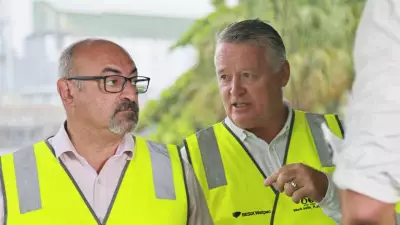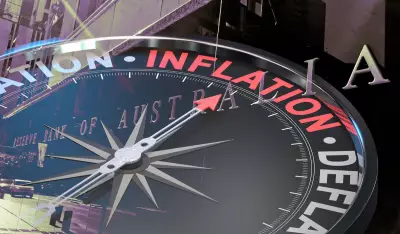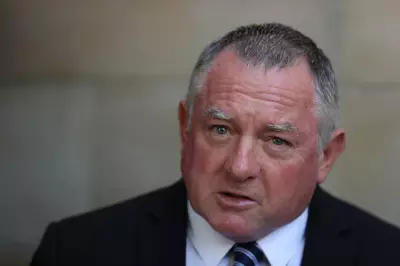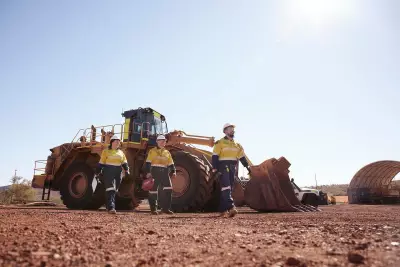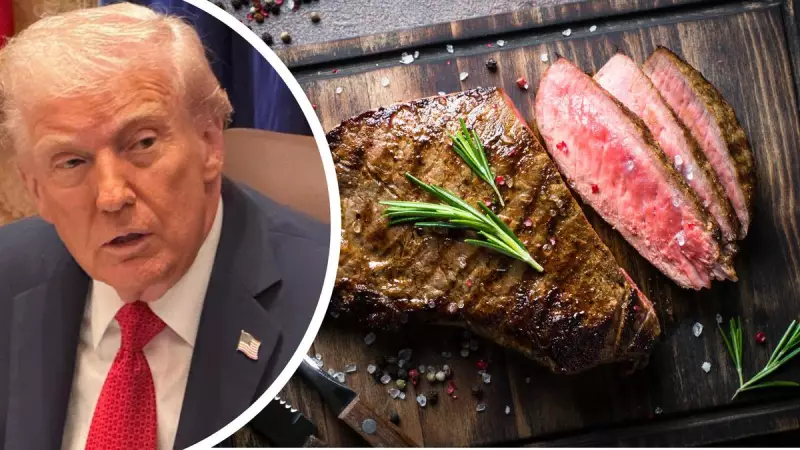
Western Australian agricultural producers are poised to become major beneficiaries of a significant shift in US trade policy, with President Donald Trump signing an executive order to lower tariffs on key Australian imports, including beef.
A Welcome Reversal for Australian Exporters
The order, signed on Friday local time, winds back the reciprocal tariffs first imposed by President Trump on April 2, 2025. This modification exempts certain qualifying agricultural products, making the change effective from November 13. A White House statement confirmed the move, stating it would help moderate soaring consumer prices within the United States.
This decision marks a notable policy reversal for the Trump administration, which had previously defended tariffs as necessary for protecting US businesses. The initial blanket tariffs, starting at 10 per cent, had drawn widespread criticism.
WA in the 'Box Seat' for Beef Boom
Beef is Australia's largest export to the United States, and with the tariff barrier now removed, WA's cattle industry is perfectly positioned to meet American demand. According to Meat and Livestock Australia, Australia exported a massive 394,716 tonnes of beef to the US in 2024, valued at $4.16 billion.
Tony Seabrook, President of the Pastoralists & Graziers Association of WA, said the state's producers are in a prime position. "Any extra demand in the world always raises those prices, and we are in the box seat when it comes down to supplying beef to America because we have open channels there," Mr Seabrook stated. He highlighted that no new export protocols are required, allowing for a swift supply response.
He particularly pointed to the potential for WA's Kimberley region, known for its grass-fed, 'clean and green' beef, to have huge appeal in the US market.
Driven by US Domestic Shortfalls
The primary driver behind the US policy shift is a critical shortage of domestic beef. The American cattle herd is reportedly at a 70-year low, leading to rising prices for US consumers. Kevin Hassett, Director of the White House National Economic Council, had earlier pledged to "fix it right away."
Mr Seabrook suggested common sense had prevailed, noting that the tariffs were ultimately hurting American consumers who bore the cost. The executive order itself acknowledged that US domestic demand for these products outstrips its production capacity.
Despite the previously imposed tariff, Australian beef exports to the US had already jumped by 17 per cent this year, with 370,357 tonnes shipped, driven by a drop in US production and higher tariffs on competitors like Brazil.
Australian Trade Minister Don Farrell welcomed the decision, reiterating the government's position that "tariffs are an act of economic self-harm and ultimately hurt American consumers." The tariff exemptions also cover other produce, including bananas, coffee, tomatoes, pineapples, and avocados, though a range of other US tariffs remain in place.



